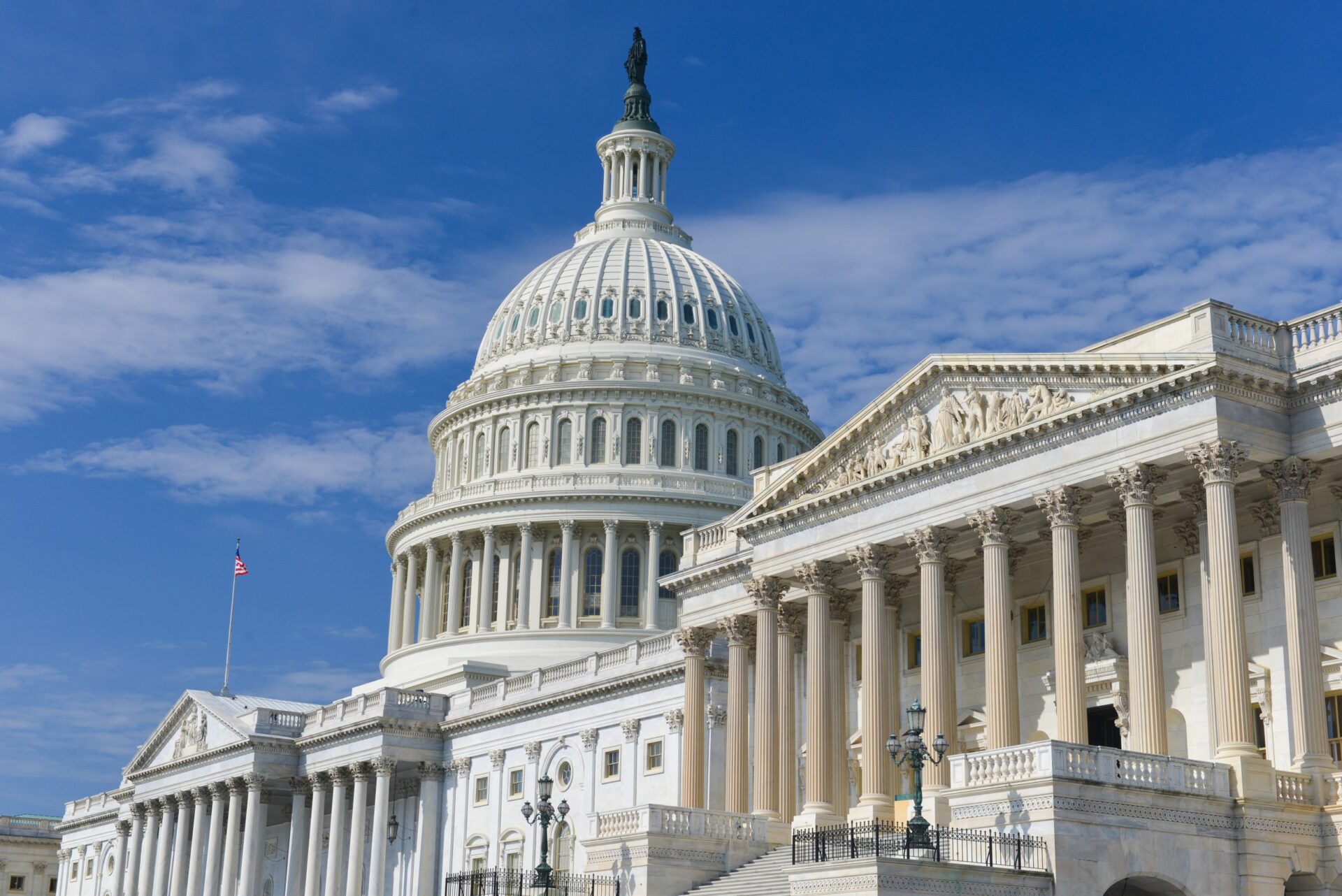Much has been made in recent weeks of loan level price adjustments made by the FHFA. Analysts have called the changes unfair, saying they subsidize borrowers with low credit scores by charging those with good credit more for their loans.
Finance officials from twenty-seven states sent a letter to President Biden him to stop this “unconscionable” policy, saying it would be a “disaster.”
Rep. Barry Loudermilk (R-GA) called it “President Biden’s mortgage socialism rule” in a tweet and claimed borrowers with good credit scores would “see a spike in your borrowing costs” to fund mortgages for others.
President Biden’s mortgage socialism rule went into effect yesterday. This means, if you have a high credit score (680+), and have a FHFA mortgage loan, you will see a spike in your mortgage cost. This extra cost will not be for the principal or interest on your loan, but will be…
— Rep. Barry Loudermilk (@RepLoudermilk) May 2, 2023
FHFA Director Sandra Thompson has called this view of the plan a “misunderstanding” of the content and intention of the rule. This has been backed by the Urban Institute and other experts.
“On some level there’s always some sort of a cross-subsidy going on in the background. But that’s more on a conceptual level than what I think is really happening here, which is an overall adjustment. It’s probably more accurate to say that what the FHFA has done is look at where the risks lie and re-estimate the costs associated with bearing those risks overall,” George Washington University School of Business professor Vanessa Perry told Bloomberg News.
Still, two bills have been put forward by lawmakers to block the changes. Here are the details.
Free Market Mortgage Act of 2023
Rep. Stephanie Bice (R-OK) and vice chairwoman of the Republican Main Street Caucus introduced this bill on April 26. While it’s not yet available to read, it is described as intending to “cancel certain proposed changes to loan level price adjustments by [Fannie Mae] and credit fees charged by [Freddie Mac].”
It has been co-sponsored by nineteen House Republicans and referred to the House Committee on Financial Services.
Bice told Fox News that President Biden was enabling a “culture of dependency” and claimed the Biden Administration was sidestepping Congress to pass new regulations.
“Whether it’s student loan forgiveness or their mortgage rule, through the power of the pen, Biden and his executive agencies are attempting to bypass Congress and fundamentally change how our country operates,” Bice said.
“We should not punish individuals who have made sound financial decisions or have the government incentivize lowering credit scores.”
Responsible Borrower Protection Act of 2023
Rep. Andy Biggs (R-AZ) introduced a separate bill on April 27, also without text but described with similar language. It is intended to “cancel certain proposed changes to credit fees charged by [Fannie and Freddie] and for other purposes.”
A new release said the bill would “prohibit the news fees from going into effect,” however the changes went into effect on May 1.
Thirty-five co-sponsors have signed onto the bill, which was also referred to the Financial Services Committee.
“The FHFA — led by a President Biden-appointed director — is punishing financially responsible mortgage borrowers,” Biggs said. “Their agenda of equity over equality defies common sense and will endanger the stability of the housing market. I hear regularly from constituents about the high cost of housing, which has been exacerbated by the insane interest rates imposed to combat Biden’s skyrocketing inflation.
“If implemented, the latest FHFA fee change could result in thousands of dollars in additional fees for lower-risk homeowners over time while encouraging and rewarding financial irresponsibility. My legislation prohibits the new fees from going into effect and I’m grateful for the support of more than 30 of my House Republican colleagues.”
